Health Benefits of Napping


A Nap a Day?
Napping isn’t just for babies. Studies show that an afternoon nap is great for adults, too. There’s no need to feel lazy for indulging in daytime sleep. A short nap in the mid-afternoon can boost memory, improve job performance, lift your mood, make you more alert, and ease stress. Cozy up to these nap benefits.
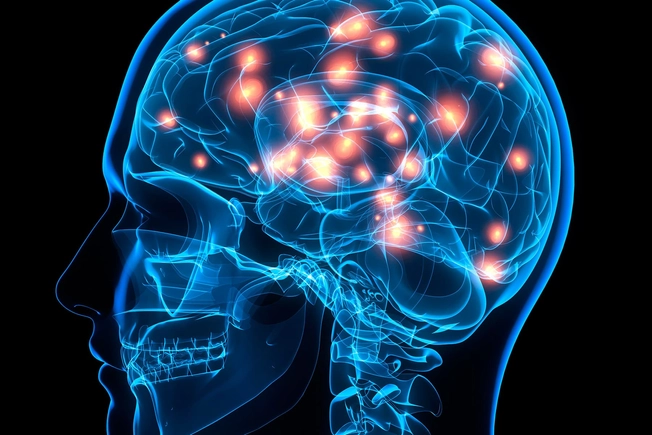
It Can Improve Your Memory
Studies have shown that sleep plays an important role in storing memories. A nap can help you remember things learned earlier in the day as much as a full night’s sleep. Napping works to keep you from forgetting things like motor skills, sense perception, and verbal recall, too.

You May Be Able to Connect the Dots Easier
Not only can napping help you remember things you’ve just learned, but it could help your brain draw connections between things you find out. In one study, nappers found it easier to put together information they got earlier in the day.

It Might Help You Climb the Corporate Ladder
When you do a task over and over throughout the day, your performance gets worse as the day goes on. Studies show that a nap can help keep you more consistent.

It May Lift Your Mood
If you’re feeling down, try taking a nap to lift your spirits. Napping, or even just resting for an hour without falling asleep, can brighten your outlook. Experts say relaxation that comes from lying down and resting is a mood booster, whether you fall asleep or not.

Need to Be More Alert? Nap
If you start to feel a bit sleepy right after lunch, you’re not alone. The post-lunch struggle is real. A 20-minute nap can help you battle heavy eyelids.
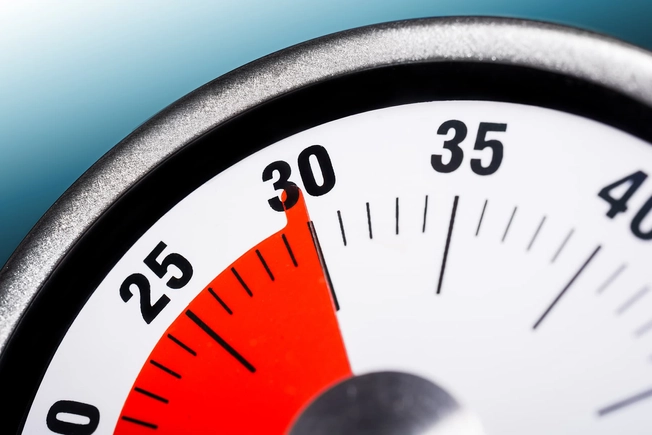
Small Naps Bring Big Benefits
A nap as short as 10 minutes can be beneficial, but keep your nap to 30 minutes or less so you don’t wake up feeling more tired. That grogginess you can feel after a nap is called sleep inertia. The longer you nap, the more likely you are to have that feeling. The worse it is, the more time you’ll need to wake up and transition back to work.

Naps are Better Than Caffeine
If you’re feeling tired but have work or studying to get done, you may be better off taking a nap than sipping a coffee. Compared to caffeine, napping can bring better memory and learning.

Long Night Ahead? A Nap Can Help
If you know you won’t get much sleep for a night or two (due to travel, for example) you’re better off preparing with a nap ahead of time than powering through with caffeine. The longer the nap, the better. If you have to resort to caffeine, drinking small amounts often is better than one large cup of joe.

They Can Ease Stress
If you’re under a lot of pressure, a nap can release stress and improve your immune health. Experts believe that a 30-minute nap can do the trick.
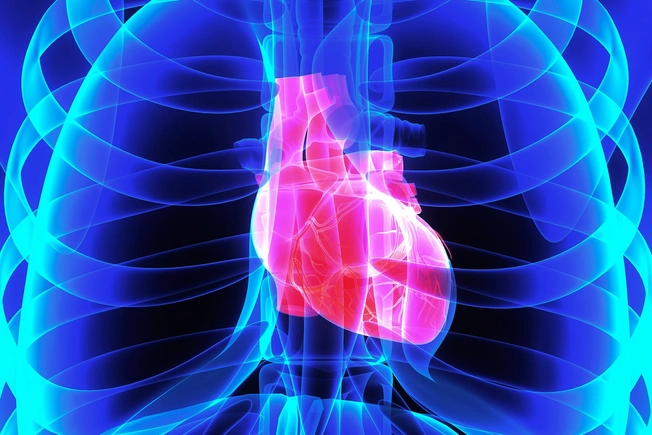
They're Good for Your Heart
A nap can even help your ticker. A study found that people who napped for 45 to 60 minutes had lower blood pressure after going through mental stress. So a nap can help your body recover from pressure-filled situations.

They Can Make You More Creative
Ever wake up with a great idea? REM sleep, which typically starts 70 to 90 minutes after you fall asleep, activates parts of your brain associated with imagery and dreaming. A nap with REM sleep can help you combine ideas in new ways to come up with answers.
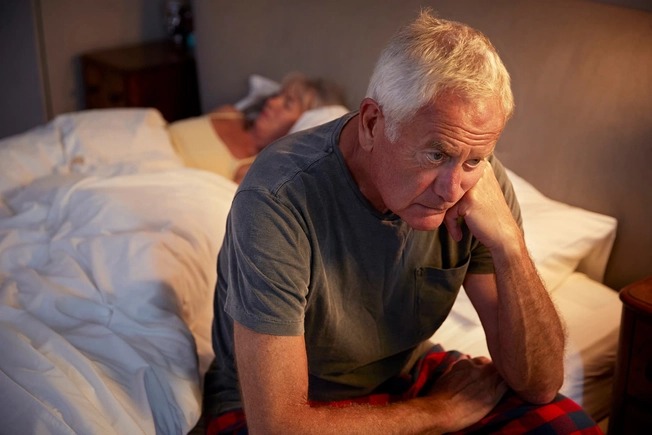
Naps Can Help You Sleep Better at Night
Although it may seem illogical, taking a nap during the day can help older adults improve sleep at night. Studies show a 30-minute nap between 1 p.m. and 3 p.m. combined with moderate exercise, like a walk and stretching in the evening, helps improve nighttime sleep. Mental and physical health can get better, as well.

They Can Help Your Little Ones, Too
Many preschool-age children stop napping long before they enter kindergarten. Fact is, naps are critical for learning and development at that age. Children who nap regularly are better able to recall things they learned. Since short-term memory stores are limited at that age, younger kids need more frequent sleep. It’s an important part of how the brain hangs on to memories.
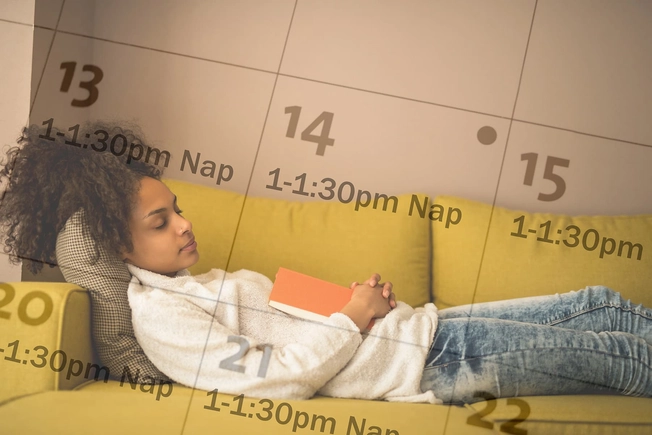
Make Them a Habit
While certain benefits of napping can be had by anyone, there's some evidence that naps only improve certain types of learning when the person takes them regularly. This includes the ability to tell the difference between similar things like images or textures.
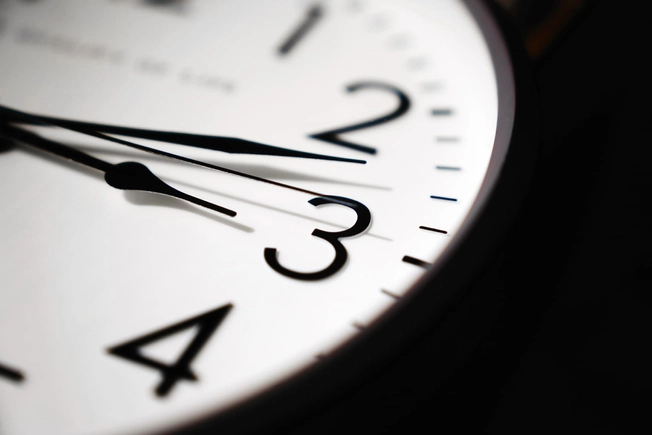
When Should You Nap?
To get the most benefits out of a nap, you need to time it right. Most people will find an afternoon snooze to be the most natural and helpful. Some say sleep is better between 2 and 3 p.m., when humans naturally have a dip in alertness. The time that works best for you will depend on how rested you are to begin with. If you’re well-rested, a slightly later nap is better. If you’re behind on sleep, you’ll want to nap earlier.